11th August 2014
Sampling another side of life in Sudan
Over Eid, a small group of staff from the Embassy took the chance to escape Khartoum and sample life outside of the capital. Here’s their story – I hope you enjoy it:
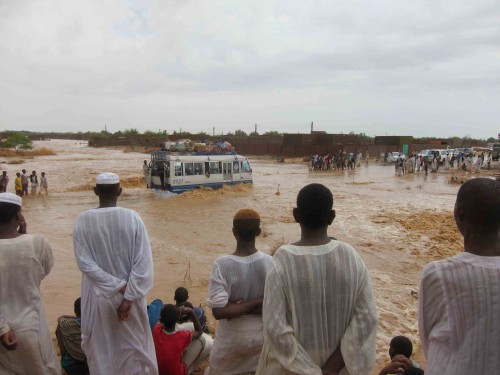
Eager to make the most of an extra few days off, we were determined to get beyond Khartoum and explore Sudan. With minimal planning but a taste for adventure, we initially set out for Port Sudan, taking in the old British retreat Erkowit on the way, before turning south to Kassala and then returning to Khartoum five days and 2000 kilometres later. In many ways, the journey itself was the adventure. Setting off after heavy rains, we soon encountered major floods. At Shendi, the road had been washed away and half the town had come out to watch, as everything from buses to tiny cars fought through. It was a stark illustration of the destructive power of the rains but also of the determination of people to get on with their lives. When we weren’t negotiating the floods, we spent our time on the road dodging lorries, potholes and camels. Even driving in Sudan is a unique and memorable experience.
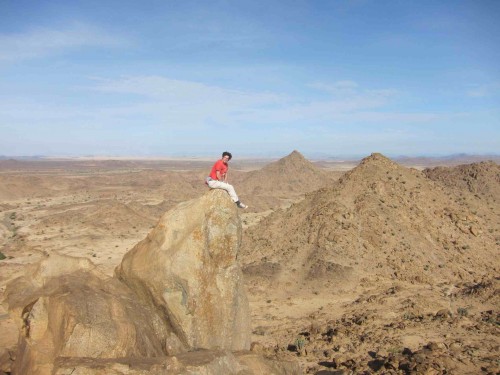
Surviving the roads aside, once out of Khartoum, we experienced the raw beauty and unexpected charm of Sudan which pops out of the great expanses of sand and grit. An early morning climb from our camp at Erkowit revealed a vast lunar landscape stretching towards the Red Sea – an awesome sight to get us going again. Just up the road, we came to the old port of Suakin, which is crumbling into the sea but provides an alluring glimpse into a bygone world and also the potential for a new one. The building of new hotels and amenities is impressive – now they just need the tourists to fill them! A few kilometres north of Port Sudan, we spent an afternoon snorkelling, floating above a world of cartoon fish and coral. This is not what people from the UK tend to imagine when they think of Sudan, but maybe it should be.
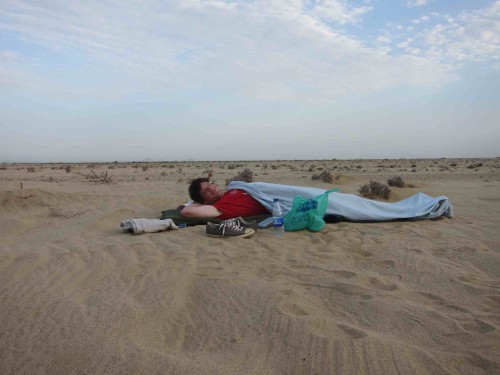
But, beyond all of the sights, the best thing about travelling in Sudan is the freedom to roam. At the end of each day, we drove off the road into the desert, dumped our stuff and waited for the stars to appear. And the great thing about all this – we had it all to ourselves.

And yet, despite so much natural beauty, what really made the trip was the people. From one stop to the next, we were greeted with warm smiles and a generous spirit. Even the checkpoint guards invited us to join their Iftar. And then there was our stay in Kassala which in many ways was the most memorable part of the trip. After hours searching for the perfect camping spot, we headed for the Khatmiyah Mosque at the foot of the Taka mountains. Wandering in with our mats and pillows, we were beckoned over by men in their jalabiyas, and shown the best spots to sleep – there was no question that three unshaven khawajas should join them for the night. In the end, sleep was impossible, but it was a magical experience as we lay awake to the sound of sufi song and the call to prayer (not to mention a whining cat).

When dawn finally came, the mosque slowly filled with men and women observing the call to prayer, while the children, dressed in their best, darted up the mountains. It was the first day of Eid and it seemed that all of Kasalla had come together. With the prayers over, we were invited to join a family at their house, where we were offered much-needed showers and a constant supply of food. Sitting on the wire beds, it was a relaxed scene, as a steady flow of people stopped by to wish ‘Eid Mubarak’. In many ways, it felt like festivities back home – the family, friends and food – only the hospitality was extended to complete strangers. By 10am, we’d met half of Kassala and been treated to various sweets, copious amounts of tea, a curious 7UP-yoghurt mix and a full iftar feast.
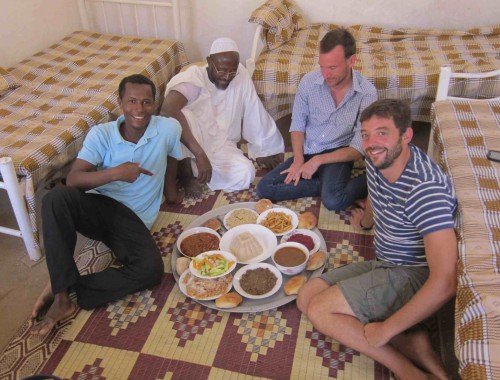
Feeling stuffed, we headed for the top of the Taka mountains, guided by our host’s son, Halifa. He set a furious pace in his flip flops, taking just a few sips of water, while we struggled on behind gulping at our bottles. But after a hairy climb one of us made it to the top. It was the first time for Halifa too and it was clear how much pleasure he took in showing us his city. In various states of exhaustion, we started out on our journey home. But before we could leave, the whole family came to say goodbye, sending us off with bags of dates and biscuits which we later gave to a goat herder and his children – some of the Sudanese habits had rubbed off on us.
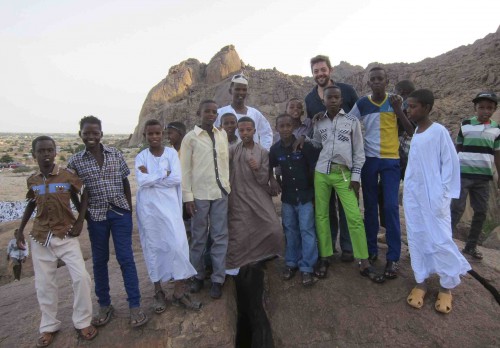
Despite days without sleep and endless hours in the car, we returned to Khartoum in the pouring rain feeling reinvigorated. It was great to take a break from the politics and headlines for a few days and experience ordinary life in Sudan which, in many ways, is what makes it so special.
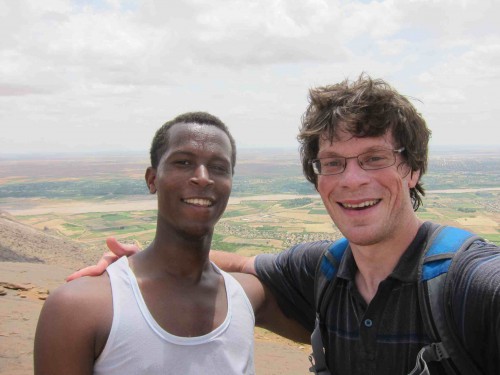
A sensitively penned piece,written with goodwill and genuine appreciation.In the tradition of no-bureaucratic British ambassadors(notably Dame Rosalind Marsden) Dr Tibber chooses to escape from the comfort of the air-conditioned office and explore the regions of the Sudan,without the need of armed security protection (as is the case in neighbouring countries.)
Despite the suffering caused by unjustified sanction,broken promises and banking suffocation the Sudanese are not bitter or inimical to Khawajat or others..This can partly be explained by our ancient roots.The British are remembered with respect for the way they treated the people and established the civil service and other institutions.
Hi Dr/ Tibber
Long time no see I did like that very much , defiantly Sudan are very vast and beautiful , i felt your amusement because i experience such a journey before we hope you enjoy your time here in Sudan and when you get back to UK you will have a very nice memories about us .